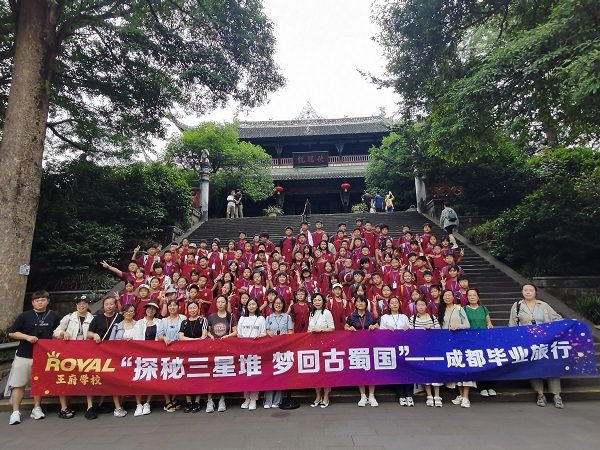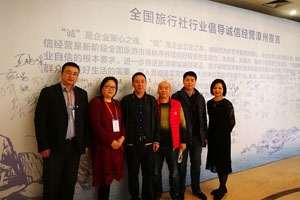search for a Trip
-
China has exerted efforts to rejuvenating the ethnic Tibetan culture in a bid to inherit and develop the invaluable Tibetan cultural heritage.
For instance, early in the 1980s, a dedicated rescue office was established to record, classify and publish works of the "King Gesar", the longest epic in the world so far.
"We have recorded a relatively complete Gesar epic with a total number of 45 series (49 volumes) and chanted by one artist for 2,114 hours, further complementing the previous incomplete story, breaking the record of the longest epic in the world," said Tsering Phumtsog, director of the Folk Institute, Academy of Social Sciences of Tibet Autonomous Region.
In the 11th Five-Year Plan period (2006-2010), the state and the regional government have spent over 24 million yuan in the protection and inheritance of intangible Tibetan cultural heritage.
In 2009, Tibetan Opera and Gesar were added onto the United Nation's Human Intangible Cultural Heritage list, reviving the time-honored ethnic culture in the world.
"During the 12th Five-Year Plan period (2011-2015), we will further strengthen the endeavor of protecting and promoting the intangible cultural heritage, to increase the numbers of the state-level and regional-level projects to over 100 and 300 respectively, making the region a cultural reserve with Chinese characteristics", said Ren Shuqiong, deputy director-general of the regional cultural department.
- March 15th, 2011
More Attractions






